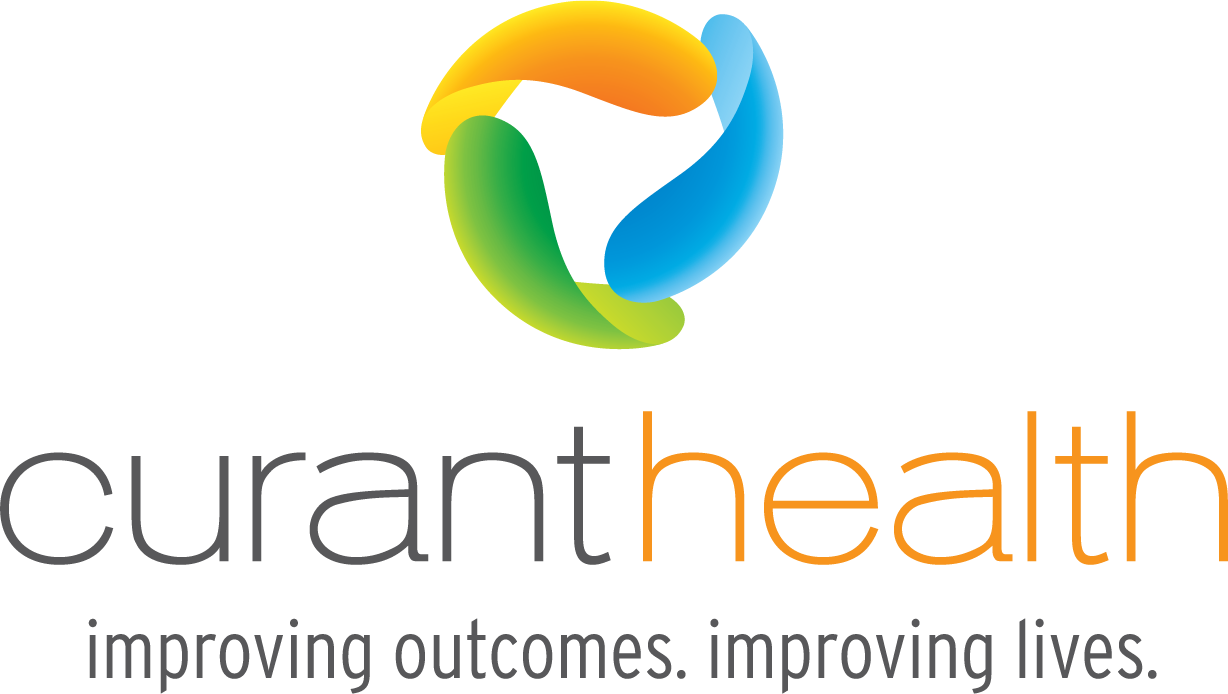May 01, 2014 - Curant Health Director of Pharmacy, David Carver, in Modern Medicine - As I write this article on my birthday, I have time to reflect on yet another year in my life and career in healthcare. The complex healthcare landscape continues to change, and the future is still uncertain. As I speak with other healthcare providers, I find many are in the “wait and see mode” or “waiting to see what the other guy is going to do.” Where is this other guy who they are referring to? I feel strongly that pharmacists will be that other guy.
Physicians have less time than ever to spend with patients—and it’s shrinking by the day. This deficiency in personal attention has been largely addressed over the past several decades by increased reliance on clinicians like physician assistants and nurse practitioners, but there are still not enough of these professionals available to adequately serve the increasing number of patients requiring care.
The ratio of healthcare clinicians to patients is expected to worsen as the Affordable Care Act enables more people to seek care, leading to even more strain on quality provider/patient face time. The effects of this deficiency are amplified for those who are suffering from chronic disease states as these patients require significant explanation and care to fully understand their conditions and multiple medication therapies. Pharmacists can play an influential role in ensuring patient access to quality health care by both encouraging and enhancing patient medication adherence and increasing patient knowledge of their disease states and medication therapies.
Outcomes for chronically ill patients suffer when prescribed therapies are not properly adhered to, and these adherence rates are at astonishingly low levels. According to a study conducted by the National Community Pharmacists Association (NCPA), individuals living in the United States with chronic medical conditions received a mean grade of C+ on medication adherence; that means they averaged between 1 and 2 nonadherent behaviors in the past year.1 Even worse, 31% of the 1,020 patients studied received a D or F, meaning they were almost entirely noncompliant with their prescribed therapies. The New England Healthcare Institute estimates that nonadherence to prescribed medication costs the US healthcare system $290 billion each year.
Medication therapy adherence is linked to strong relationships with healthcare providers, but how can this relationship develop when clinicians are so strapped for time? The expanding role of the pharmacist in the continuum of healthcare as a true medication manager fills this gap with readily available patient access, providing tools for adherence and effective patient medical education.
To read David's full article, visit Modern Medicine.
To learn more about Curant Health, contact Kristin Lindsey, Marketing Director, at klindsey@curanthealth.com.
